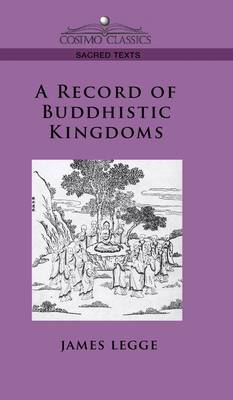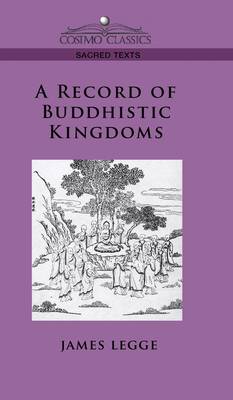
- Retrait gratuit dans votre magasin Club
- 7.000.000 titres dans notre catalogue
- Payer en toute sécurité
- Toujours un magasin près de chez vous
- Retrait gratuit dans votre magasin Club
- 7.000.0000 titres dans notre catalogue
- Payer en toute sécurité
- Toujours un magasin près de chez vous
Description
"This country originally had no human inhabitants, but was occupied only by spirits and nâgas, with which merchants of various countries carried on a trade.... Through the coming and going of merchants... when they went away, the people of their various countries heard how pleasant the land was, and flocked to it in numbers till it became a great nation." -from Chapter XXXVIII: At Ceylon
Little is known about the 5th-century Chinese monk Fâ-hien beyond what he himself tells us in the journals of his travels in India and Ceylon from the years 399 to 414 in search of the Buddhist Books of Discipline. But as he follows in the footsteps of the Buddha, revisiting the legendary places of the faith, his wise observations reveal an enlightenment that transcends time. An important primary source on the traditions and beliefs of Buddhism, this 1886 translation-complete with copious notes on Buddhist ideas and rituals, particular translations, and poetic idioms-is still considered the best English-language version available. Spiritual seekers will find a deeper understanding of Buddhism; students of Asian history will discover a glorious travelogue of an ancient culture.
Spécifications
Parties prenantes
- Auteur(s) :
- Editeur:
Contenu
- Nombre de pages :
- 192
- Langue:
- Anglais
Caractéristiques
- EAN:
- 9781945934681
- Date de parution :
- 17-07-19
- Format:
- Livre relié
- Format numérique:
- Genaaid
- Dimensions :
- 127 mm x 203 mm
- Poids :
- 335 g

Les avis
Nous publions uniquement les avis qui respectent les conditions requises. Consultez nos conditions pour les avis.






